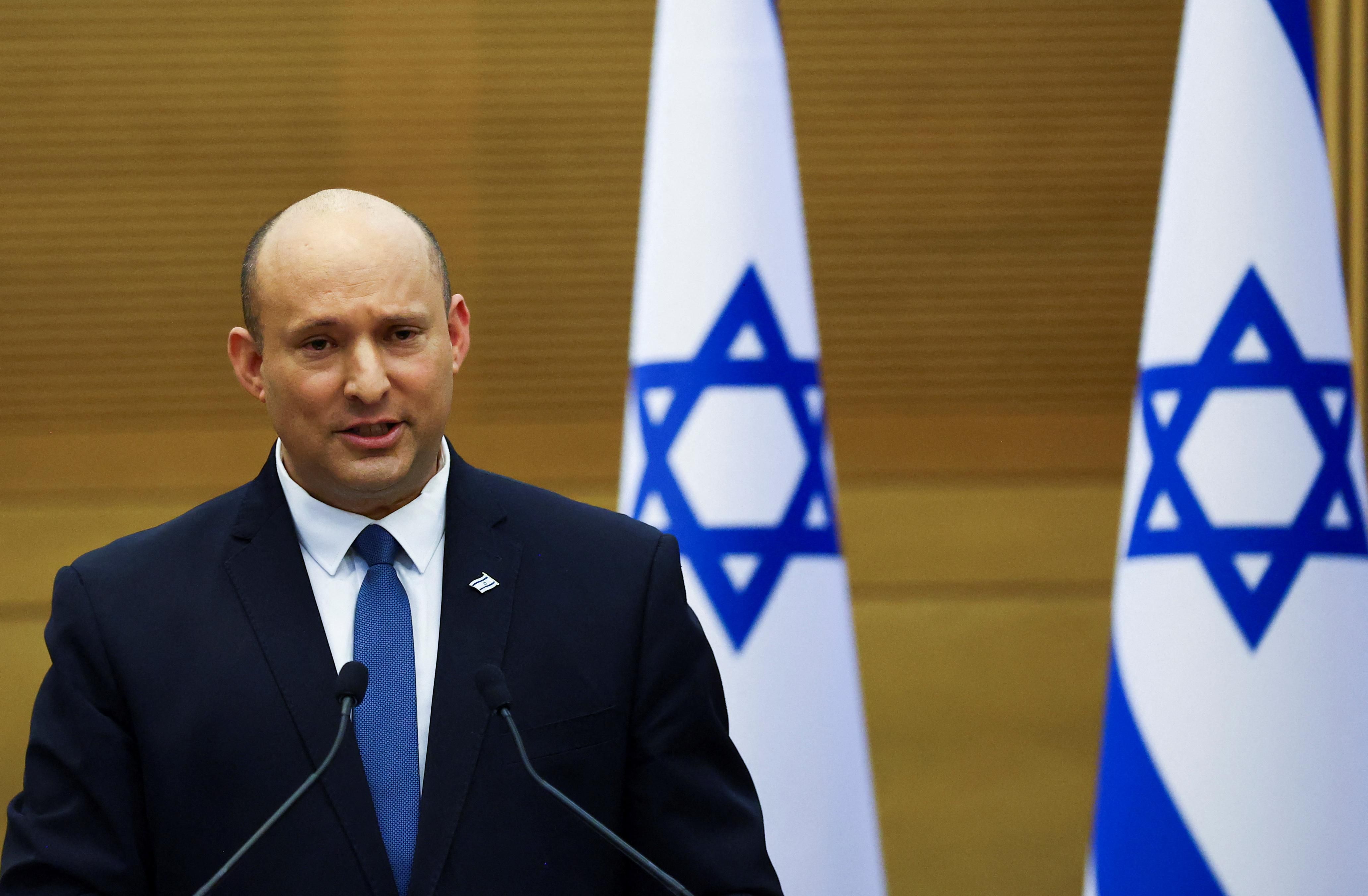What We're Watching: Bennett throws in the towel in Israel, Petro wins in Colombia, Macron loses majority in France
Israel faces fifth election in three years
Israelis are headed to the polls, again, for the fifth time in just over three years. After almost two months of being on the brink of collapse following a number of high-profile defections that made it lose its parliamentary majority, the fragile eight-party coalition government led by PM Naftali Bennett is set to disband. In the coming days, Bennett and his main coalition partner, Foreign Minister Yair Lapid, intend to dissolve the Knesset (parliament) and call a fresh election in October or November. Lapid will serve as caretaker PM once Bennett steps down, but Bennett will retain the Iran portfolio as part of the power-sharing agreement. Former PM Benjamin “Bibi” Netanyahu, who now heads the opposition, celebrated the demise of an unwieldy government whose members could pretty much only agree that they didn't want him as prime minister. Bibi, for his part, is (surprise!) gunning for a return to power despite being on trial for corruption. Will his rightwing Likud Party win enough seats and allies to cobble together a majority to form a government, or will Israel's political deadlock continue with no end in sight?
Colombia lurches left
For the first time in its history, South America’s third-largest economy will have an avowed leftist as president. Gustavo Petro, the former mayor of Bogota who was a guerrilla rebel in his youth, won the presidency decisively on Sunday, defeating upstart real-estate tycoon Rodolfo Hernández by more than 700,000 votes. Petro finally got lucky in his third run for president by promising big changes to a country wracked by the economic impacts of the pandemic, rising violence, and two recent waves of protests over inequality. He has pledged to redistribute wealth, wean the country off of oil and coal exports, and build a more inclusive society in one of the world’s most unequal countries. His running mate, Francia Márquez, becomes the first vice president of African descent in South America. When he takes office in August, Petro will immediately face stiff resistance from the country’s conservative business and political elites and will have to work hard to broaden his coalition in a fractious congress where he does not hold a majority. He may also encounter pushback from the US, Colombia’s closest ally, over his plans to legalize certain drugs, revise the US-Colombia free trade pact, and normalize ties with Venezuela.
Macron’s agenda hits major snag
Whiplash alert in French politics. Two months after getting re-elected as president, Emmanuel Macron saw his party lose its parliamentary majority by a bigger-than-expected margin in Sunday's second round of legislative elections. Macron's centrist Ensemble (Together) Party secured only 245 seats, not even close to the 289 it needed for a majority in the National Assembly. Nupes, a progressive coalition led by the far-left presidential candidate Jean-Luc Mélenchon, came in second with 131, while Marine Le Pen's far-right National Rally got its best result ever with 89 seats. What does this mean for Macron, and for the country? The French president will now need the support of establishment conservatives to advance his reform agenda, because both Mélenchon and Le Pen oppose his plans to boost the government’s financial health by pushing the standard retirement age from 62 to 65, on top of more basic reforms meant to cut public spending and help businesses weather tough economic times. "France now faces the prospect of a period of prolonged political instability — with a war raging in Ukraine and the growing threat of an economic downturn at home," tweeted Eurasia Group's top Europe analyst Mujtaba Rahman.Note: The original version of this article incorrectly listed the Israeli government coalition as having seven parties, not eight.
